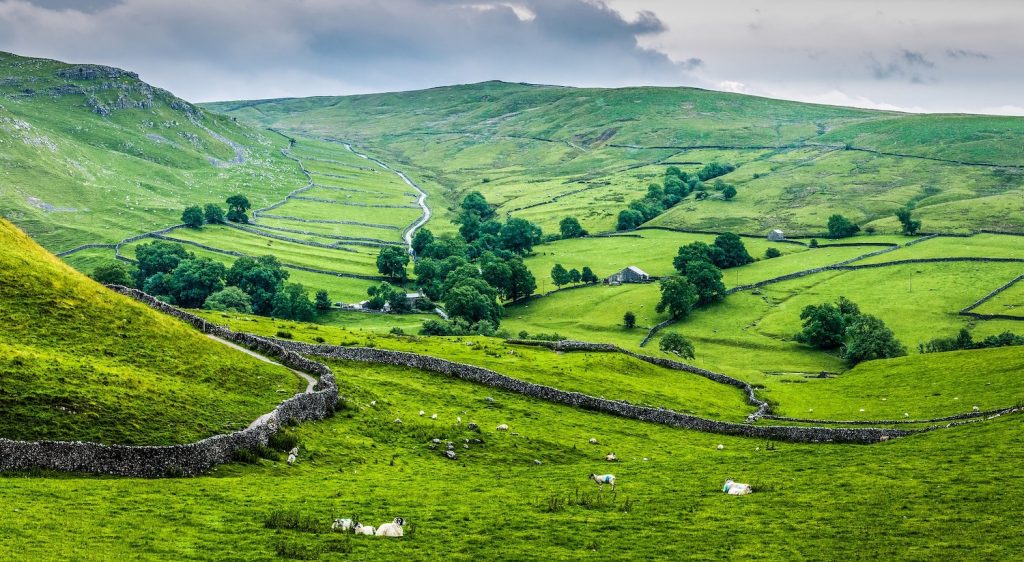Rural businesses ‘should be given a boost post-lockdown’
19th May 2020
When Covid-19 restrictions lift, campaigns should be ready to promote holidays in rural areas, as they offer a combination of limited travelling time, health benefits of fresh air and easier social distancing than cities.
When Covid-19 restrictions lift, campaigns should be ready to promote holidays in rural areas, as they offer a combination of limited travelling time, health benefits of fresh air and easier social distancing than cities.
This is according for a recent report from the Country Land and Business Association (CLA), which suggests a raft of measures to get the rural economy moving, including cutting VAT on tourism businesses to 5 per cent.
Rural tourism businesses are expected to see revenues fall by up to £17.6 billion this year as a result of the Covid-19 pandemic, CLA said.
VAT on tourism businesses in the UK is 20 per cent, significantly higher than many other countries including France and Spain (10 per cent) and Greece (13 per cent).
“A reduction in VAT to levels seen in other countries will ensure that domestic tourism is competitive and affordable,” CLA president Mark Bridgeman said. “Competitive pricing will significantly boost the economy and keep our carbon footprint down.”
He added: “It is right that, for the moment, people stay away and follow government guidelines. When the restrictions are lifted we are encouraging everyone to book their family holiday in the beauty and safety of the British landscape.
“We hope that people are looking forward to enjoying the tranquility and space that the rural and coastal areas have to offer and enjoy. There is nowhere better for a holiday than the Great British countryside.”
The organisation, which represents 30,000 rural businesses, argues that rural areas have an in-built advantage to implement social distancing thanks to lower population density, more space and less reliance on public transport.
Other measures recommended in the report include the tapering of furlough schemes and other business support measures gradually, to avoid a ‘cliff edge’ situation; taking steps to create a more robust food supply chain, including efforts to encourage consumers to buy British and local; and simplifying the planning system to encourage business start-ups greater flexibility for the use of buildings.
Mr Bridgeman added: “Although the current situation is very difficult for rural businesses there is also an opportunity to reflect and then to build a better rural economy on a sounder competitive basis. The rural economy has a huge amount to offer the country – economically, socially and environmentally. Government can show some real ambition in unleashing its potential.”

